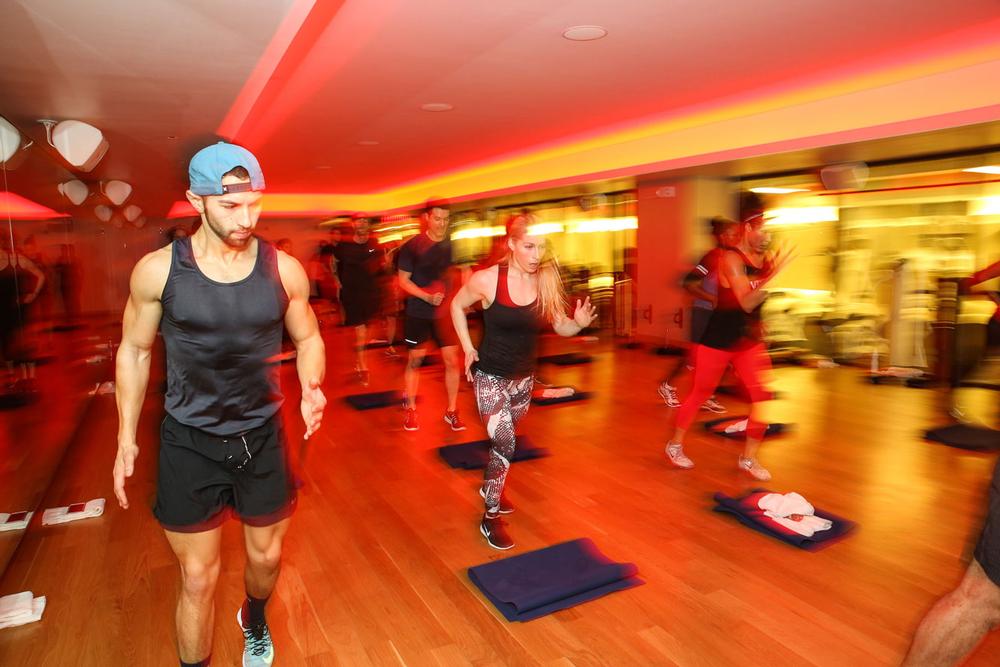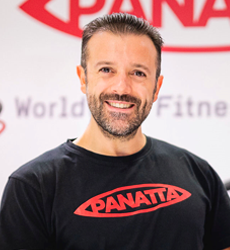By the year 2020, depression will be the second biggest cause of premature death and disability globally. This the WHO statistic quoted by Colin Milner, CEO of the ICAA, in his interview on page 34. And he asks the question: “What are you offering in your club for that – what life balance programming, what social programming? We spend so much money on cardio equipment, and yes, cardiovascular disease is a major health issue – but there are some real basics that clubs are missing.”
Milner is absolutely right: improved mental health is such a fundamental benefit of exercise – we all know how much better and more positive we feel after a workout – yet somehow the vast majority of health club operators have failed to harness its potential to bring in a whole new raft of members.
This in spite of robust evidence that backs up what we innately know: recent Rutgers research, for example, which shows that combining meditation with exercise (30 minutes each, twice a week) reduces the incidence of depressive symptoms by as much as 40 per cent in just two months.
The good news is that things are starting to change, with operators such as Nuffield Health in the UK leading the way. At the end of September, Nuffield Health acquired cognitive behavioural therapy business CBT Services, enabling the not-for-profit healthcare organisation to add an emotional wellbeing provision to its growing list of health and wellbeing services. The new service – comprising cognitive behavioural therapy, counselling and general psychological therapies – has been designed to provide coping skills and support for those suffering from stress, anxiety and depression and will be available to all, regardless of a gym membership.
Speaking to HCM, Nuffield Health CEO Steve Gray acknowledged that “few people do emotional wellbeing very well” in the fitness sector, in spite of the fact that “emotional health is just as important as our physical health”. He added: “You need to bring fitness, nutrition and emotional wellbeing together to create a bespoke response for the individual. That sort of personalised, holistic approach is, I believe, the biggest opportunity in the health and fitness market at the moment.”
Other operators are also starting to latch on to this. Not all will be able to go in at the treatment end of the scale like Nuffield Health, which through its hospital heritage has the credibility to do so. However, a small but growing number of operators are incorporating elements of mindfulness and meditation into their offering – Equinox, for example, with its HeadStrong class, which targets stress by working body and mind in equal measure.
As consumer expectations of health clubs move away from fitness provision alone and towards a broader wellbeing agenda, this sort of offering will be key. Indeed, when HCM spoke to industry consultant Bryan O’Rourke recently, he predicted that mindfulness “will become a trillion dollar industry in the next few years”.
So, as Milner so rightly asked: What are you doing about that in your club? What life balance programming are you offering? What approaches have you made to local businesses to provide stress management programming for their employees? Schools are even introducing mindfulness sessions – could you deliver these?
And if that’s too big a first step, why not test the waters by simply marketing the benefits of exercise differently? Consider focusing not on distant fitness or weight loss goals, but on how people feel straight after their workout. I firmly believe the immediacy of this benefit will keep people coming back for more.
Kate Cracknell
@healthclubkate






















































